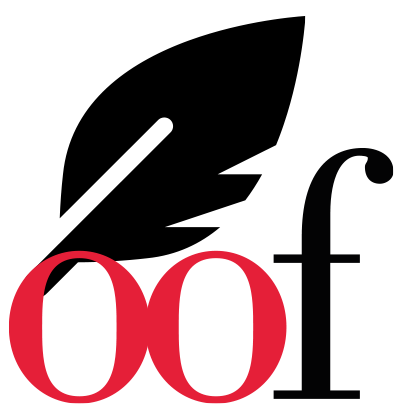The European Commission and the Republic of Korea announced that, from 1 February 2015, processed organic products certified in Europe or in South Korea may be sold as organic in either region. Until now a separate certification procedure has been necessary.
Welcoming the announcement, EU Agriculture Commissioner Phil Hogan stated: “The organics sector continues to be one of the most dynamic production sectors in EU agriculture, and the Republic of Korea is an important growing market. This agreement will cut red tape, especially for Small & Medium-Sized Enterprises, and therefore make it easier for European producers to export, thereby stimulating growth and jobs. This is good news for over 200 000 organic farmers in the European Union, as well as for the tens of thousands of businesses in this sector.”
By removing this requirement for two separate certificates, with the additional fees, inspections and paperwork that this entails, organic producers gain easier access to two major markets in organic products with a combined value of more than 23 billion EUR and 550 million consumers increasingly seeking organic foods.
The EU’s organic sector is already a very dynamic sector of European agriculture with a growth rate of over 9 % per year, occupying nearly 5 % of the utilised agriculture area in Europe. The arrangement covers all processed products, like processed cereal, dairy and meat products, olive oil, food preparations, baby food, chocolates and wines and spirits, making up more than 80 % of the EU’s agricultural exports to Korea.
The European Union and the Republic of Korea are committed to ensuring that all trade organic processed products meet the terms of the arrangement, retaining their organic integrity from farm to fork. The European Commission’s Directorate-General for Agriculture and Rural Development and Korea’s National Agricultural Products Quality Management Service will both take key roles in this context. Both sides have also confirmed that they will continue to have regular discussions and review each other’s programs periodically to ensure the terms of the arrangement are being met and to discuss any relevant issue concerning each side’s organic legislation and trade in organic products.
Source: European Commission, Department of Agriculture and Rural Development
To comment you have to register
If you're already registered you can click here to access your account
or click here to create a new account


Comment this news